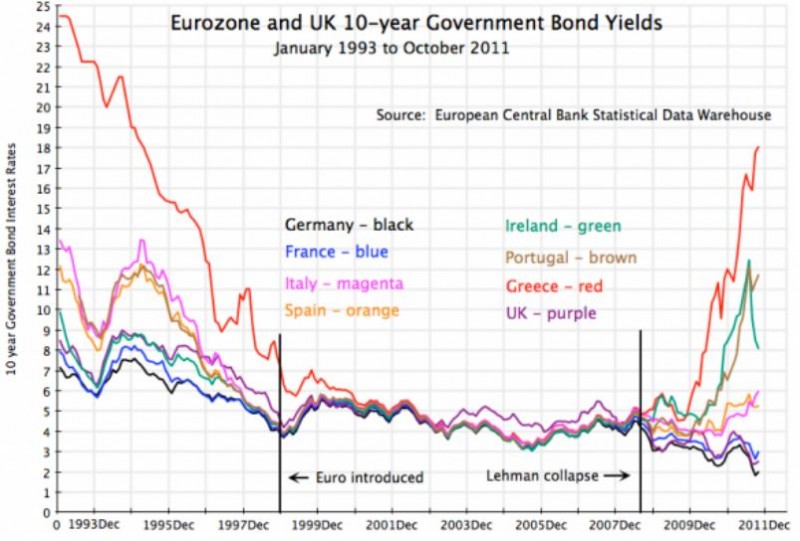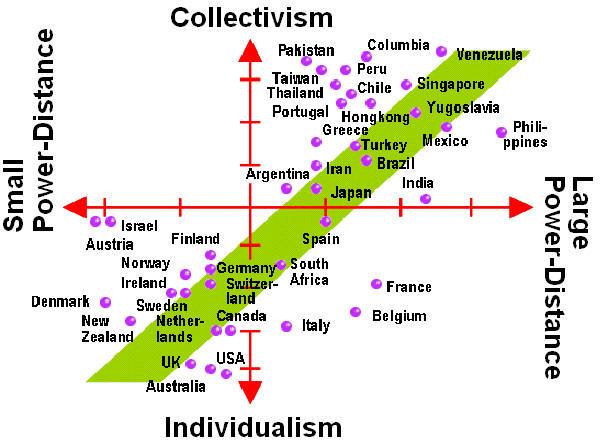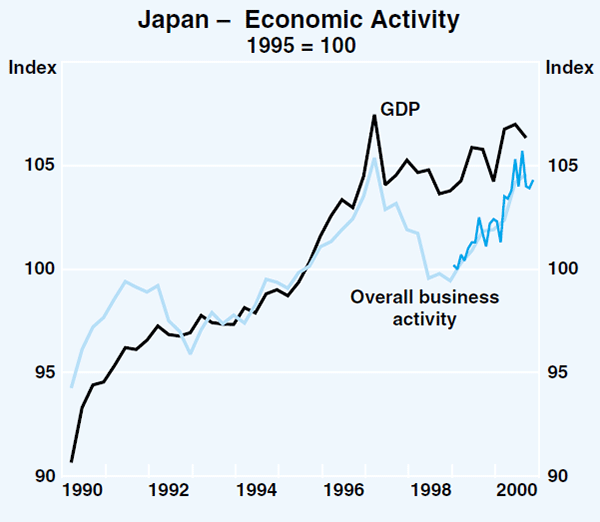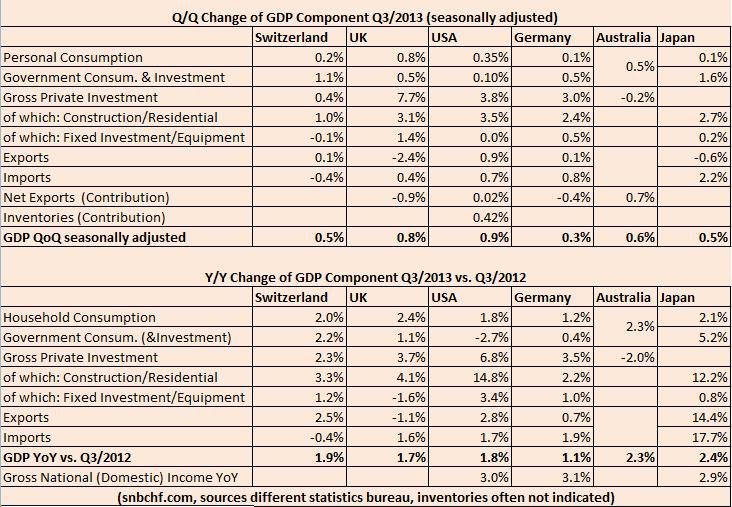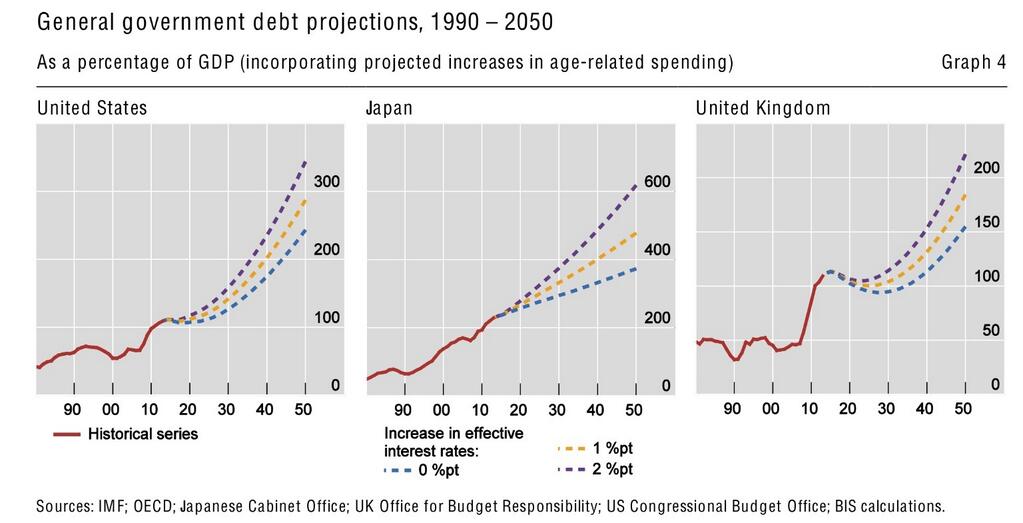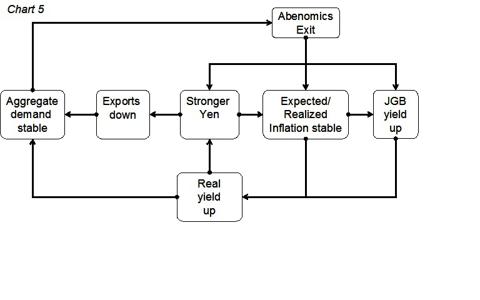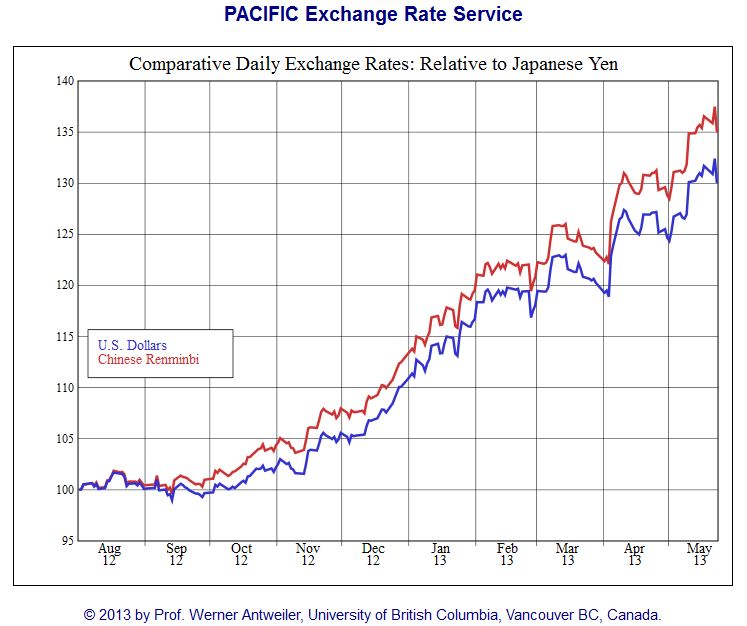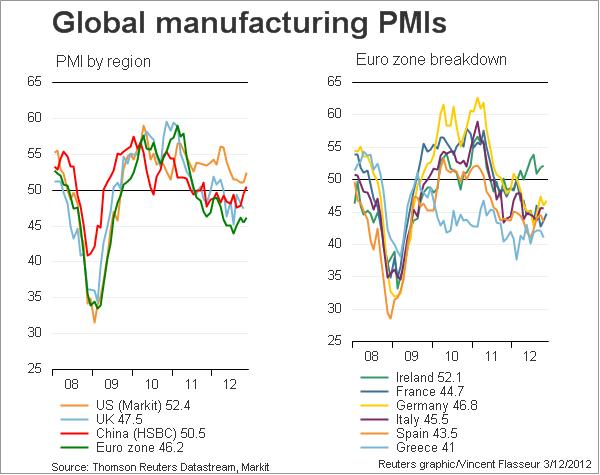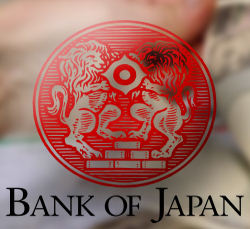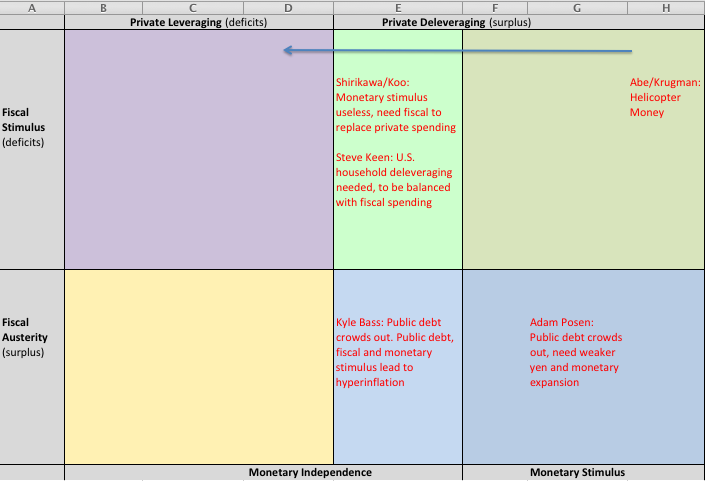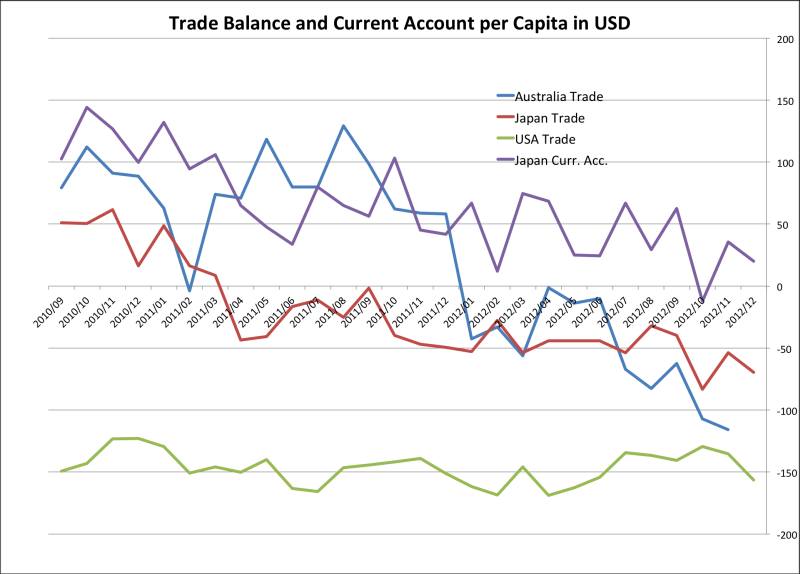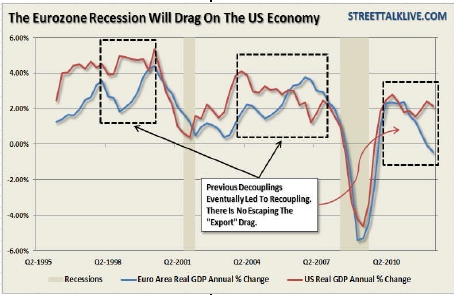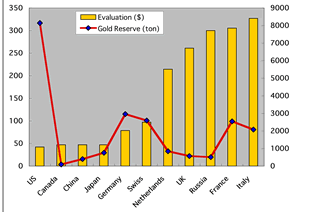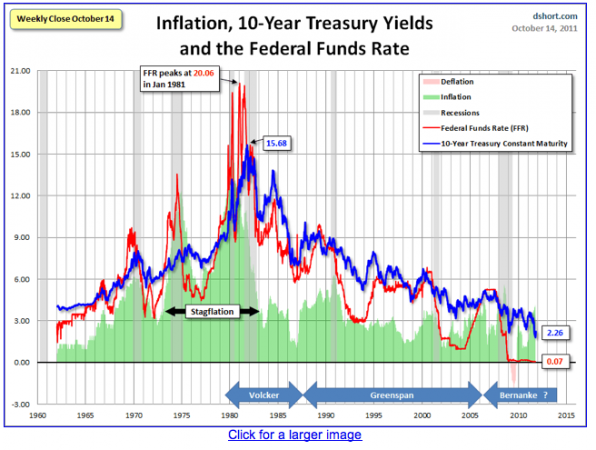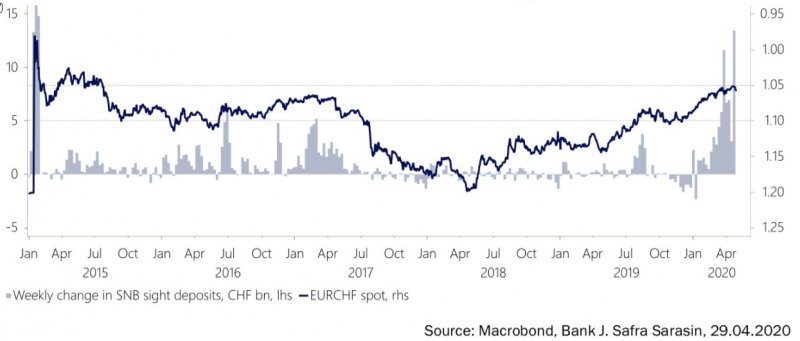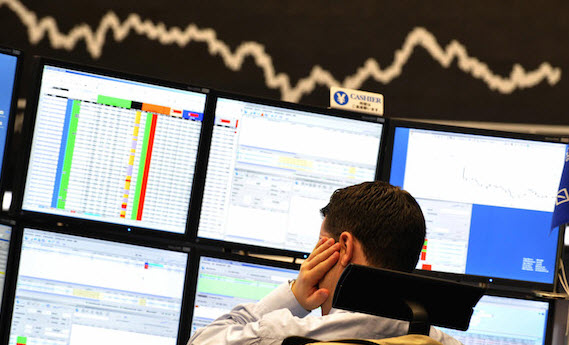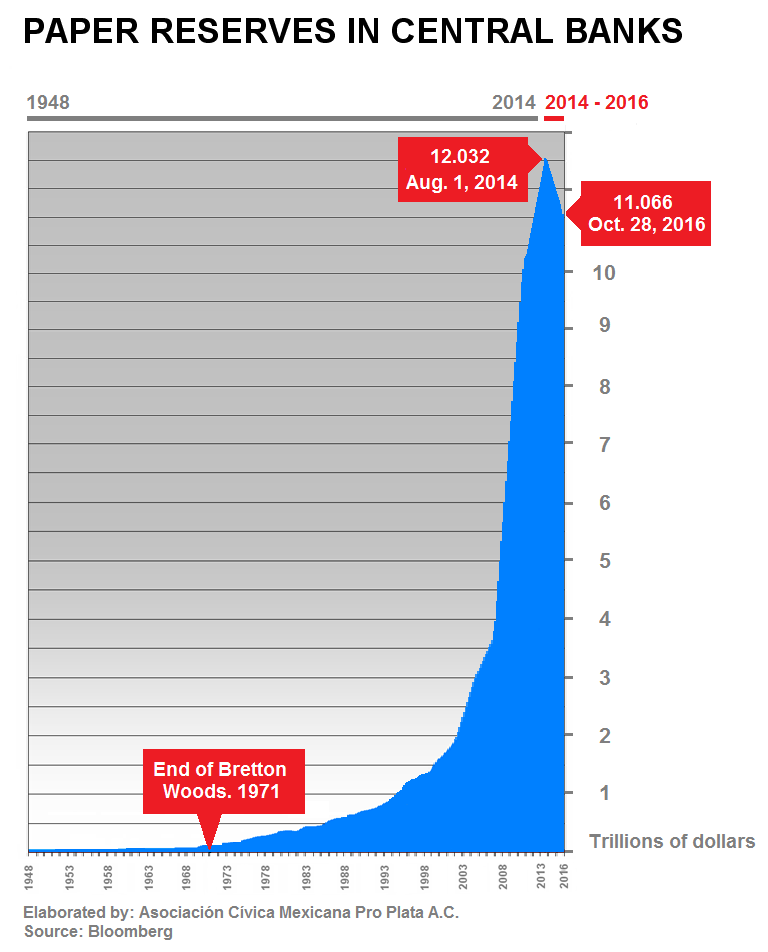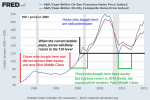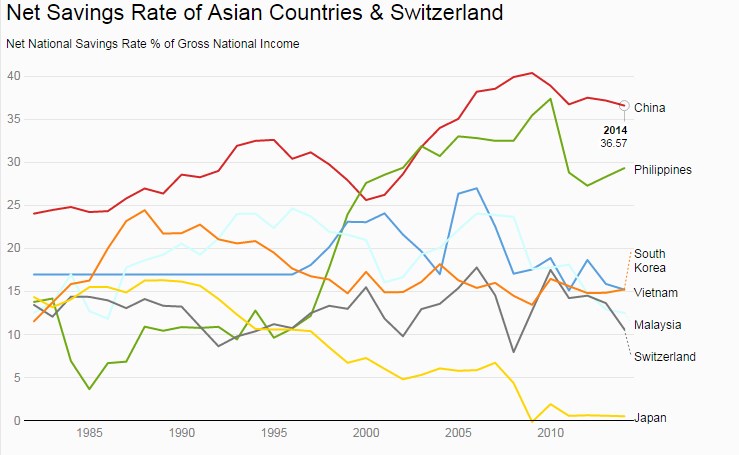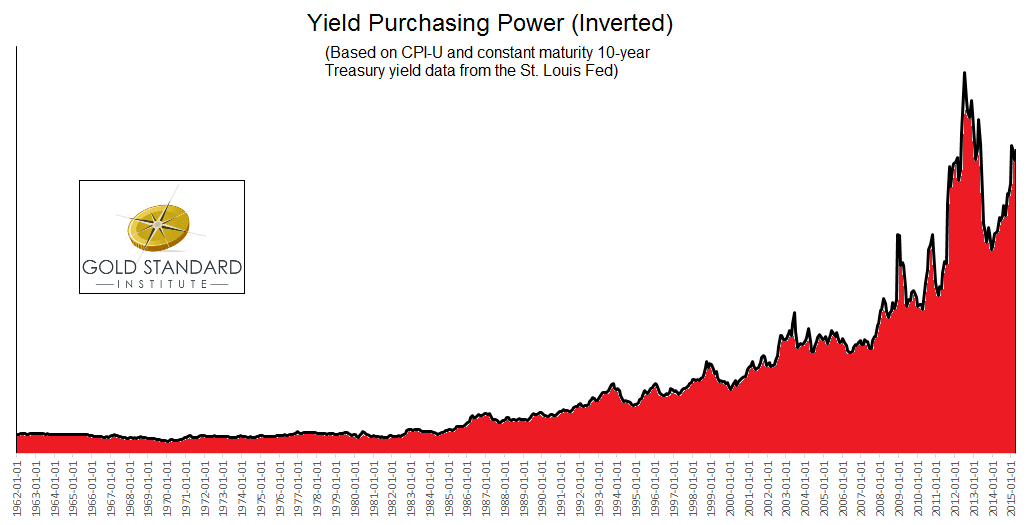Tag Archive: Japan
Michael Pettis: Abenomics is just a measure to enforce higher household savings
This article by Michael Pettis remains one of the most important contributions on Abenomics. If anybody wondered by GDP contracted in 2014. It is not only the sales tax but even more the weak yen that forces people to save more.
Both companies and finally also consumers are savings more. Companies do not invest.
Read More »
Read More »
Financial Cycles History, 1998-2002: The Dotcom Bubble and Bust and European and Asian Austerity as its Enabler
In this post we present financial and credit cycles in the history: Due a weak credit cycle, Germany was a weak economy under many other weak ones.
Read More »
Read More »
Cultural Reasons for Japan’s Deflation: Can the U.S. Go into a Balance Sheet Recession?
The power distance between employer and employee enforces the importance of the leader, the entrepreneur. Moreover, the collectivite Asian society does not want unemployment, employees prefer to renounce to salary hikes in favor of the collective. These cultural reasons can qualify as drivers of the Japanese balance sheet recession.
Read More »
Read More »
Swiss GDP Details Compared to UK, USA, Germany, Japan and Australia, Q3 2013
The Swiss GDP was again one of the strongest major economies. The quarterly growth rate in the third quarter was 0.5%, the yearly one 1.9%. U.S. GDP improved by 3.6% QoQ annualized. For comparison purposes, our figures are not annualized; hence the equivalent is 0.9% QoQ. In Japan and Switzerland private consumption rose by 0.1% … Continue reading...
Read More »
Read More »
Why There Won’t Be A Strong Dollar, Even If The Financial Establishment Thinks So
In this second part of our series we provide arguments why the widely expected strong dollar period might not come. We look at the most important economic indicators that might justify a stronger dollar: the ISM manufacturing index and the interest rate differences between the U.S. and Europe.
Read More »
Read More »
Strong Dollar: the Parallels Between Now, the 1980s and 1998-2002, Part 1: Austerity
We examine the relationship between strong dollar phases and austerity in other parts of the world. Between 1983 and 1985 one reason for the strong dollar were high real interest rates in the U.S. after the defeat of the Great Inflation period, the enforced austerity in Southern America and cheap commodity prices caused by generally …
Read More »
Read More »
SNB to Follow the Bank of Japan? Part1
Questions to George Dorgan Is there any chance that the SNB or other central banks could follow the BOJ and just depreciate the currency? George Dorgan: What did the BoJ do? Monetary easing and talk down the yen in a mercantilist style. A central bank is able to talk down a currency only if there … Continue reading »
Read More »
Read More »
Abenomics: Japanese Economy Would Have Recovered Even Without it
Response to Prof. Nick Rowe, Carleton University, Canada and Lars Christensen, the leading “Market Monetarist“. Nick Rowe: Is the Bank of Japan trying to push down bond yields? Well, yes and no. Yes, it is fighting a battle to push down bond yields, but that battle is part of a wider war for economic recovery. And …
Read More »
Read More »
How 40% Renmimbi appreciation vs Yen Caused a Deflationary Commodity Price Shock for World Economy
Everybody is wondering why China is currently so weak, with a HSBC manufacturing in contractionary territory. No wonder, the main competitor in electronics and many more products,the Japanese yen has appreciated by nearly 40%. While China has to fight years-long appreciation of wages, the Japanese profit on years-long deflation and cheaper costs. At the …
Read More »
Read More »
Global Purchasing Manager Indices
Manufacturing Purchasing Manager Indices (PMIs) are considered to be the leading and most important economic indicators. August 2013 Update Emerging markets: Years of strong increases in wages combined with tapering fears have taken its toll: Higher costs and lower investment capital available. EM Companies have issues in coping with developed economies. Some of them …
Read More »
Read More »
When Will Hedge Funds and FX Traders Close their Short Yen Positions?
Hedge Funds have lost their power. This year has shown that their only remaining possibility to gain easy money is a concerted action with some of their friends manipulating currency markets, calling it “currency wars” and creating an unholy alliance with the dovish prime minister Abe. Some of the biggest U.S. hedge-fund investors have made …
Read More »
Read More »
Opinions of Leading Economists on Japan and the Unholy Alliance of Kyle Bass and Shinzo Abe
We give an overview of opinions of leading economists that want to help Japan out of deflation. Paul Krugman, Richard Koo, Adam Posen and Kyle Bass.
Read More »
Read More »
Japanese Currency Debasement, Part 1: Current Account and Japanese Bond Bears
In our first part on Japans currency debasement, we look on three aspects, government bond yields, current account balances and potential hyper-inflation which causes yields to rise strongly.
Read More »
Read More »
Global Purchasing Manager Indices, Update January 25
Manufacturing PMIs are considered to be the leading and most important economic indicators. After a strong slowing in summer 2012 and the Fed’s QE3, this is the fourth month of improvements in global PMIs January 25th Expansion-contraction ratio: There are 15 countries that show values above 50 and 14 with values under 50. Positive-negative-change ratio: …
Read More »
Read More »
Epic Shift in Monetary Policy: Japan goes SNB, Nuclear Option
According to Bloomberg, at least prime minister Abe is taking the nuclear option and is following the SNB in buying foreign assets. This is a huge change in global monetary policy.
Read More »
Read More »
Same Procedure as Every Year: Analysts Shouting “The Great Recession is Over!” But It Is Not!
Or why we do not believe in the American economy. Like every year in Q4, analysts proudly present the end of the great recession: 2009: The big picture: The Great Recession is Over! Long Live the Ordinary Recession …. 2010: Mish Global Trend Analysis: The Great Recession is Over; Bad News: It Doesn’t Feel Like … Continue...
Read More »
Read More »
The Biggest Bubble of the Century is Ending: Government Bond Yields
Government bond yields under 10 years for safe-havens are close to zero. In April 2013, even 20 year bond yields are less than 3%, What can explain this bubble of the century? Update August 16, 2013: So, 10-year Treasury yields have ended the day closer to 3 per cent. But not as close as they … Continue reading »
Read More »
Read More »
Global Purchasing Manager Indices, Update December 17
Manufacturing PMIs are considered to be the leading and most important economic indicators. Since the Fed’s QE3, this is the third month of improvements in global PMIs after a strong slowing in summer 2012. January 25th Expansion-contraction ratio: There are as many countries that show values above 50 as under 50. Positive-negative-change ratio: 18 countries …
Read More »
Read More »









